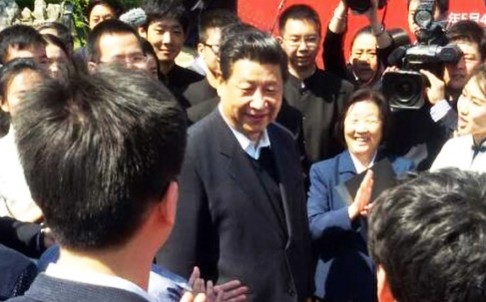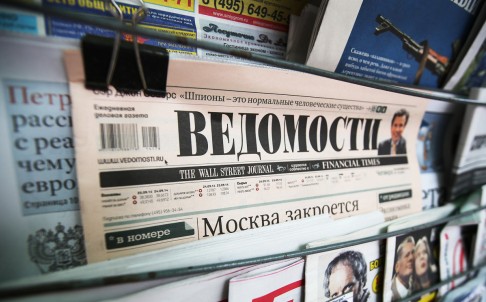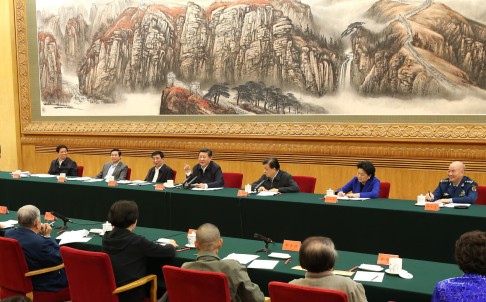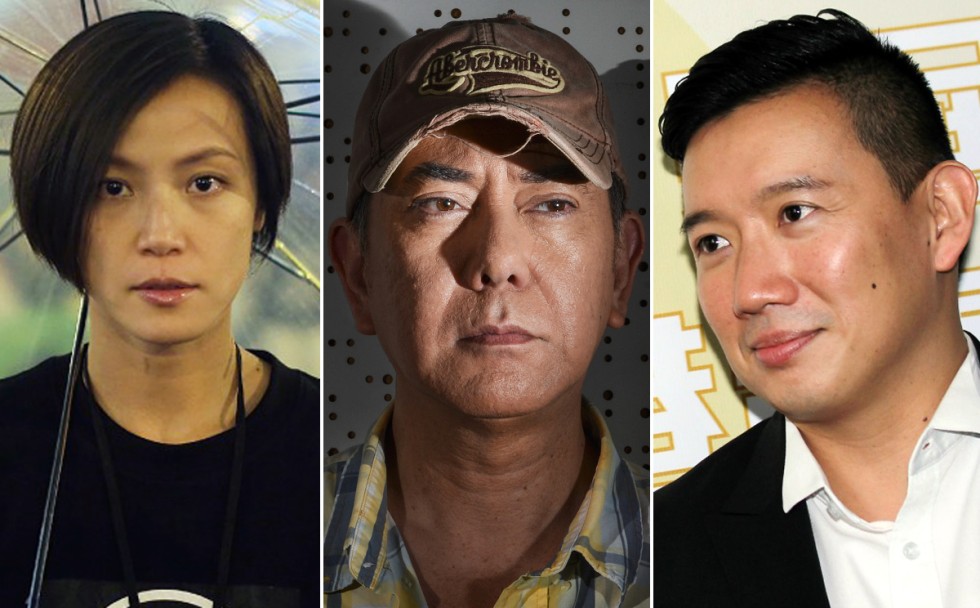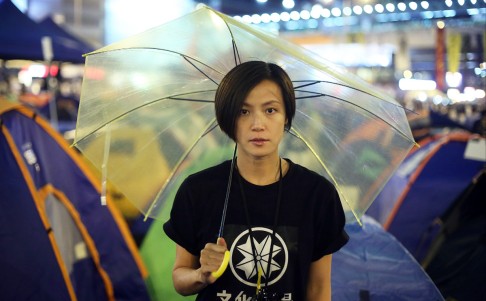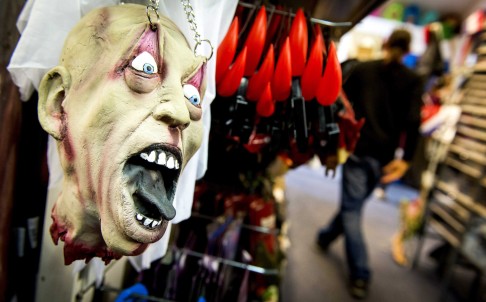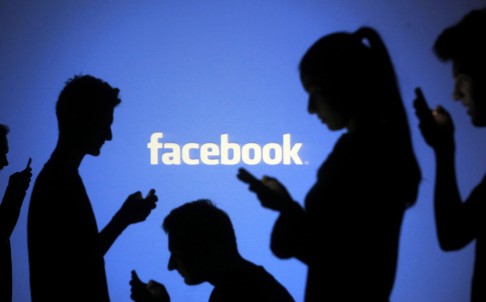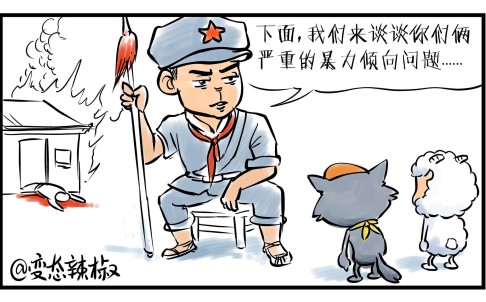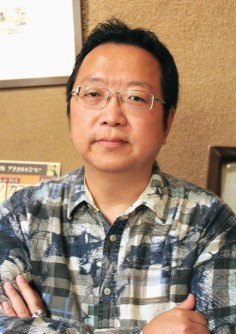Jack Ma can start a copycat chink version and rake in more billions
Hahahaha
http://en.wikipedia.org/wiki/Censorship_in_China

Jack Ma can start a copycat chink version and rake in more billions

China needs to get a grip of reality.. the whole world do not revolve around them..but oh..that is how 3rd world shit behaves. Just like sinkie losers.
China was a powerful nation, a learned nation with legalized system, high intellect education, advance in medical science, warlords and technology and now rising again.
Whereas angmohs were just peasants Christian Crusaders sailed into Far East was shocked to see a Advance Chinese nation.
Christian Crusaders used the Bible to go to war with non-Christians countries and China. Their purpose was to take over your land to established Christianity over the world.
WW1 and WW2 were started on Christian wars.
Jiuhu kia like you wish to revolved around Christian Crusaders?
m&d Chinese shit loser go back to jiuhu get eaten by pythons.
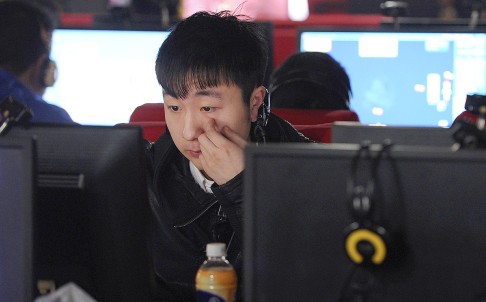
China needs to get a grip of reality.. the whole world do not revolve around them..but oh..that is how 3rd world shit behaves. Just like sinkie losers.
